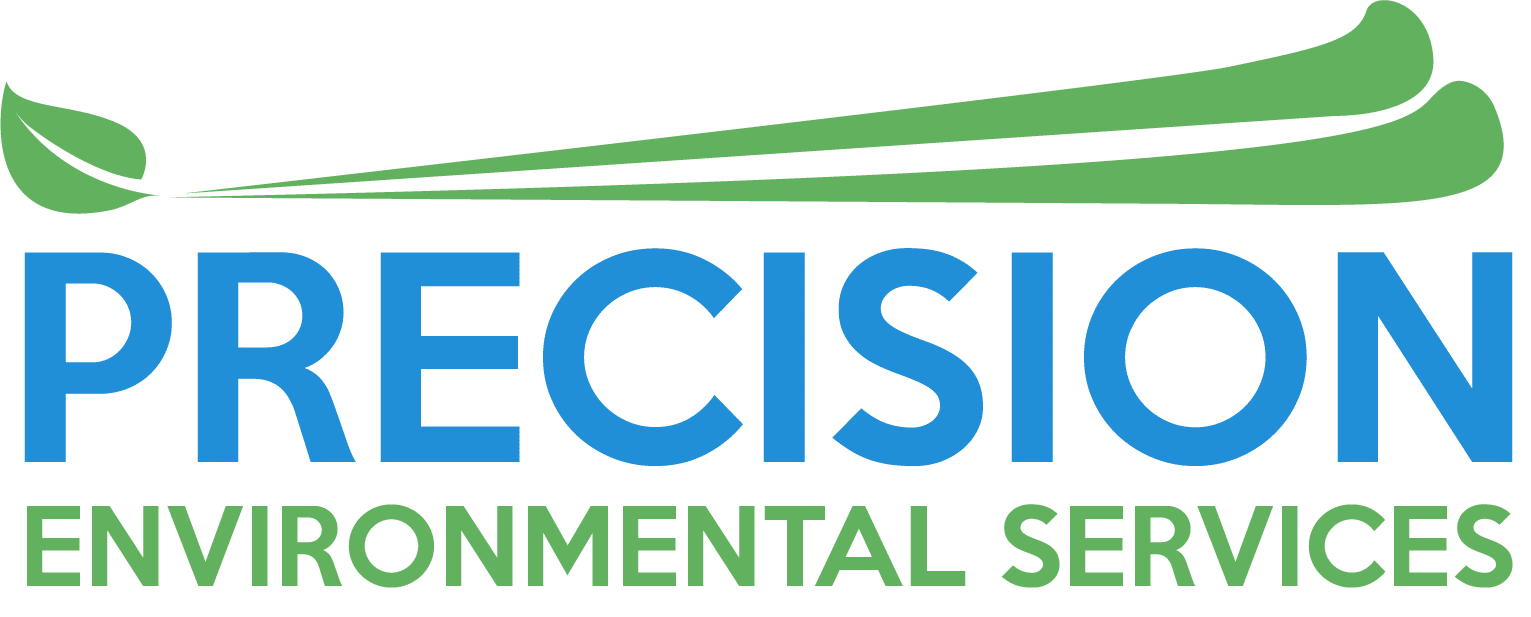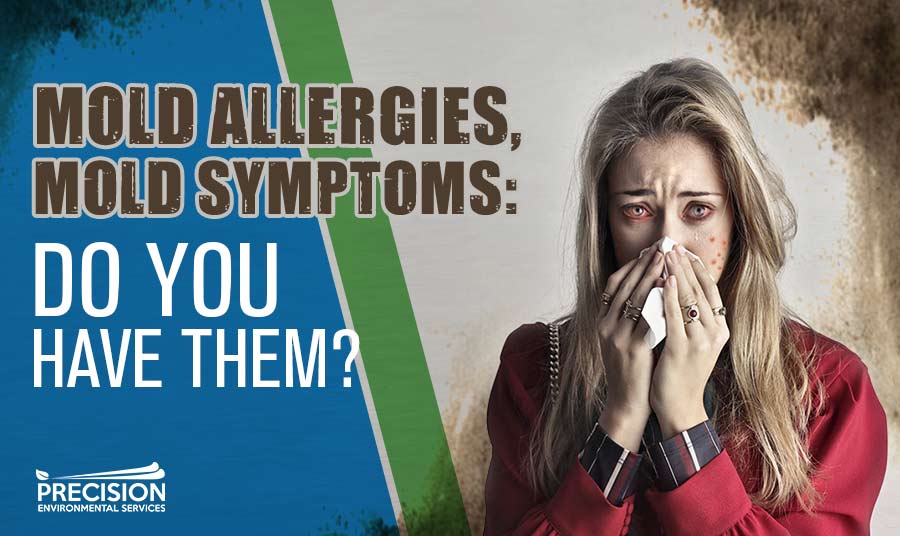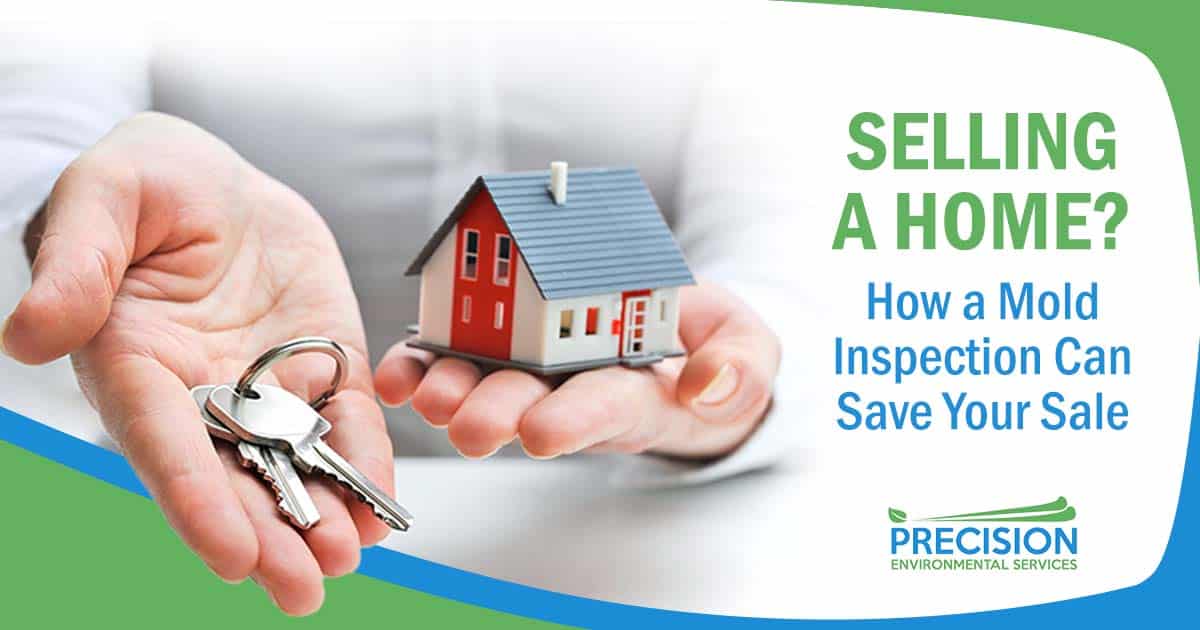Do you have mold allergies? That’s a tough question to answer, isn’t it? After all, how would you know if you have an allergy? Unless you have been through prior experiences involving mold allergy you may have no idea.
This article will clear up that confusion and give you confirmation on what mold allergies are, and how you can find out if you are in fact allergic. You will also learn about symptoms, treatments, and ways you can remove mold if it’s present.
So let’s shine some light on mold allergies, and get started.
What is Mold?
Mold is a fungus, it grows in places that are poorly ventilated and have high moisture. Examples include bathrooms, basements, beneath kitchen sinks, laundry rooms, garages, and plenty of other places where floods, leaks, and dampness are prevalent.
When mold grows, it reproduces and with reproduction, spores are generated. These spores are what cause those susceptible to mold display symptoms of an allergic reaction or worse cause illness.
Mold can live indoors and outdoors, there are many different kinds of mold. It depends on the environment and other variables that breeds a specific kind of mold allergy.
Symptoms of Mold Allergies
Not every person is allergic to mold, you can be perfectly healthy and still have a mold allergy, this depends on your immune system and how it reacts to the spores.
It’s worth mentioning also that even if you have no immediate response to mold – long term exposure can cause your immune system to become sensitive to it; at which you will begin exhibiting an allergic reaction.
Symptoms of mold allergies include:
- Difficulty breathing – Wheezing is common. This means your primary airways begin to restrict.
- Rash – In some cases, you can present with a rash on the affected area of the body.
- Watery eyes and itchy eyes- A common allergic reaction.
- Runny Nose – In allergic reactions normally mucous will be clear if no infection is present.
- Red irritated eyes – This can present without any itching or water, but will be more prominent in addition to itchy and watery eyes.
One of the best ways to prevent mold in your environment is to control moisture exposure and to keep promote good area flow in all areas of the home or building.
If you are experiencing these allergy symptoms in centralized areas of your environment mold may be present. Most mold also has a distinct scent (also know as mildew). So what do you do if you are experiencing these symptoms and you suspect mold is the cause?
Let’s look at how to get diagnosed for a mold allergy and then move on to treatment options if you are in fact allergic.
Targeting Mold Allergy: Diagnosis
When you have decided you want to be tested for mold allergies there are two ways to handle it.
- Skin prick test
- Blood test
Let’s look at each of these in some more detail.
Skin prick test – This test uses small watered down amounts of the common or suspected allergen, for example, the types of mold found in your surrounding area. As the test is administered, these mold substances are applied to your skin with tiny punctures.
Most commonly your arm or back will be the location the test is done on. If you are in fact allergic a small hive will appear on the skin in the tested area if mold allergies exist.
Blood test – When given a blood test (also called a radioallergosorbent test) this is checking your immune system’s response to mold, by measuring the number of specific antibodies in the bloodstream (IgE) immunoglobulin E.
Your blood test will be examined in the lab for confirmation of sensitivity specific types of mold allergy.
Once either test confirms your mold allergy; you can be recommended by a medical professional on what treatment options you have.
There are a few treatment options available.
How Do You Treat Mold reactions?
One of the best treatments to mold allergies is the removal of the source and avoid exposure. Precision Environmental Services uncovers any mold present and secures your home or office by removing it properly by following best practices through state environmental regulation procedures. Safe mold remediation is always the best option when mold is present.
With that said molds are incredibly common and oftentimes you may not always be able to avoid exposure so having a way to treat an allergic flare-up is also very important.
Medical treatments can include:
Nasal Corticosteroids – Nasal sprays can help to treat and prevent Rhinitis (inflammation of the nasal tissue) caused by a mold allergy. Many feel this is the most effective. Consult your medical professional for guidance.
Antihistamines – This medication helps with itching, sneezing, and runny noses. You can get these over the counter (OTC) to help with your mold allergies.
Oral Decongestants – These are available over the counter, but can result in increased blood pressure so consult your physician before moving forward with this treatment.
Montelukast (Singulair) – This is a common long-acting allergy pill that helps decrease excess mucus production. It is not used in immediate flare-ups but helps in the prevention of allergic reactions.
Immunotherapy – This is a group of allergy shots that can be administered. However these are only used for certain types of mold allergies, so further discussion with your doctor is needed to determine if this would be an option for you.
Nasal Lavage – This means rinsing your nose daily with salt water. This can help with nasal inflammation. This process will come with specific instructions you must follow.
Mold Allergic Responses
As you can see mold allergies can be handled fairly easily as long as no other underlying immuno-suppressive disorders are present. And now if someone asks you if you have mold allergies you can answer with confidence.
You are more aware of what mold allergies are, how to find out if you have mold allergies, and once diagnosed you know some common treatment options available.
Furthermore, if you do suspect mold in your home or an environment you frequently visit.
Precision Environmental Services can easily assess the situation.
Precision Environmental Services uses state of the art tools and resources to tell you the levels of mold present and take the correct mold remediation steps to dispose of it safely. If you need any help with mold removal and you want to prevent your mold allergies from making you feel terrible, pick up the phone and call Precision Environmental Services at 940-597-2673.






